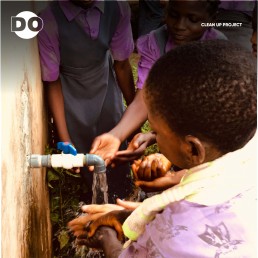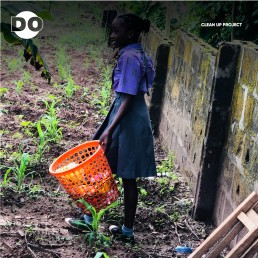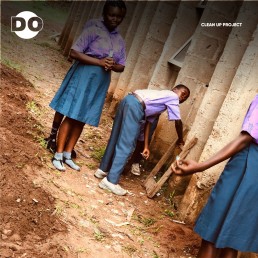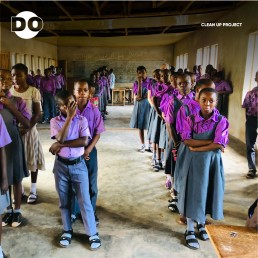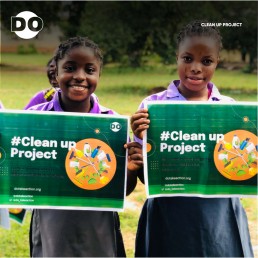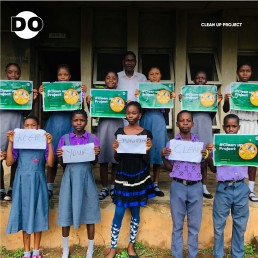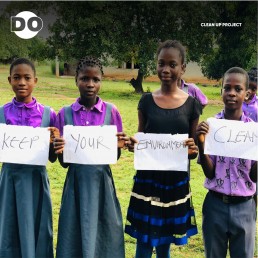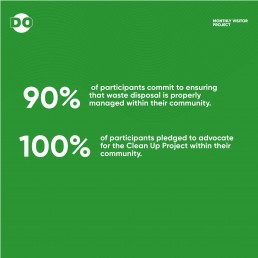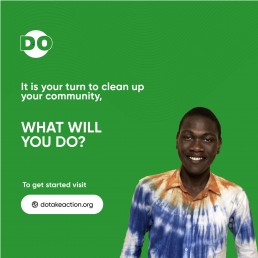THE NEED
The popular maxim, ” Cleanliness is next to Godliness, ” is a fairy dream in Nigeria. Cities like Lagos, Aba, and Onitsha have maintained a consistent trail of dirtiness and environmental pollution.
Have you been to places like Ajegunle or Apapa in Lagos? You will be greeted by an eyesore of sorts strewn everywhere on the streets; mountains of decaying food items, faecal and urine droppings, overflowing canals, blocked gutters; the city of excellence has become the city of filth.
What about Abia, particularly Aba? The popular phrase “Aba dirty” is a perfect title that portrays the extent of dirtiness in the city. Even the air there testifies that dirtiness has become the mainstay of the city.
The environmental situation of Nigeria is pitiful and of great concern considering that Lagos, Nigeria, now ranks 23 in the world pollution index. The poor environmental state of the country has overarching consequences on health, economy, and overall well-being. Air pollution can cause various problems and diseases, including respiratory diseases and cancer. Typhoid, diarrheal illnesses and other ailments can be caused by contaminated water.
In Nigeria alone, Diarrheal infections claim the lives of 121,800 people every year, including 87,100 children under the age of five; poor sanitation is responsible for 88% of the deaths. Also, poor sanitation is known to put a strain on the immune system, causing lifelong stunting and other malnutrition symptoms.
Economically, Nigeria is paying a dire price for its poor environmental sanitation. According to the Nigerian Water and Sanitation Program, inadequate sanitation costs at least three billion dollars in lost productivity and healthcare costs each year.
To date, public health officers’ health awareness campaigns about government environmental health programs have been ineffective, and the general population is largely ignorant of the situation. The significant number of cases of diseases linked to poor environmental hygiene, such as Dengue fever, malaria, diarrhoea, lung inflammation, dysentery, skin infections, and various other illnesses, are stark pointers to this fact.
Akinwunmi Toluwani Adebayo, a 22-year-old, 300 level student of Agricultural Economics at the Olabisi Onabanjo University College Of Agricultural Science, rose to the challenge to snuff out environmental illiteracy amongst the youths.
Having established that by providing people the right education and products to promote healthy sanitation practices, the quality of life for millions of people can be vastly improved, Akinwunmi embarked on a Clean Up Project under the aegis of DO-Take Action to educate youngsters on the benefits of a healthy environment.
He launched the project under the Environment And Global Climate Change program. The project was carried out at Oriade, Ayetoro, Ogun State, and entailed the following actions;
- A presentation in public Secondary Schools to sensitize the youths about the benefits of waste removal from public areas and how to decrease the public’s exposure to biohazards
- Clean-up exercise to clean their environment and public spaces that have evolved to become an eyesore, i.e. public waste sites, dirty gutters etc
In the course of the project, a minimum of 30 participants was sensitized on the need to clean public spaces, which have evolved to become an eyesore, i.e. public waste sites, dirty gutters etc., 90% of participants commit to ensuring that waste disposal is properly managed within their community. Also, the participants unanimously pledged to advocate for the Clean Up Project within their community.
Akinwunmi Toluwani Adebayo, whose interests lie in agriculture, music and graphic design, is a regular person like you and me. He took action to make his community safer, by extension Nigeria. What actions are you taking?
If you enjoyed the story and would like to read more stories like this, sign up for our monthly newsletter to get notified of new stories.
Also, do well to follow our social media handles for more engaging and entertaining content on issues that affect YOU.

